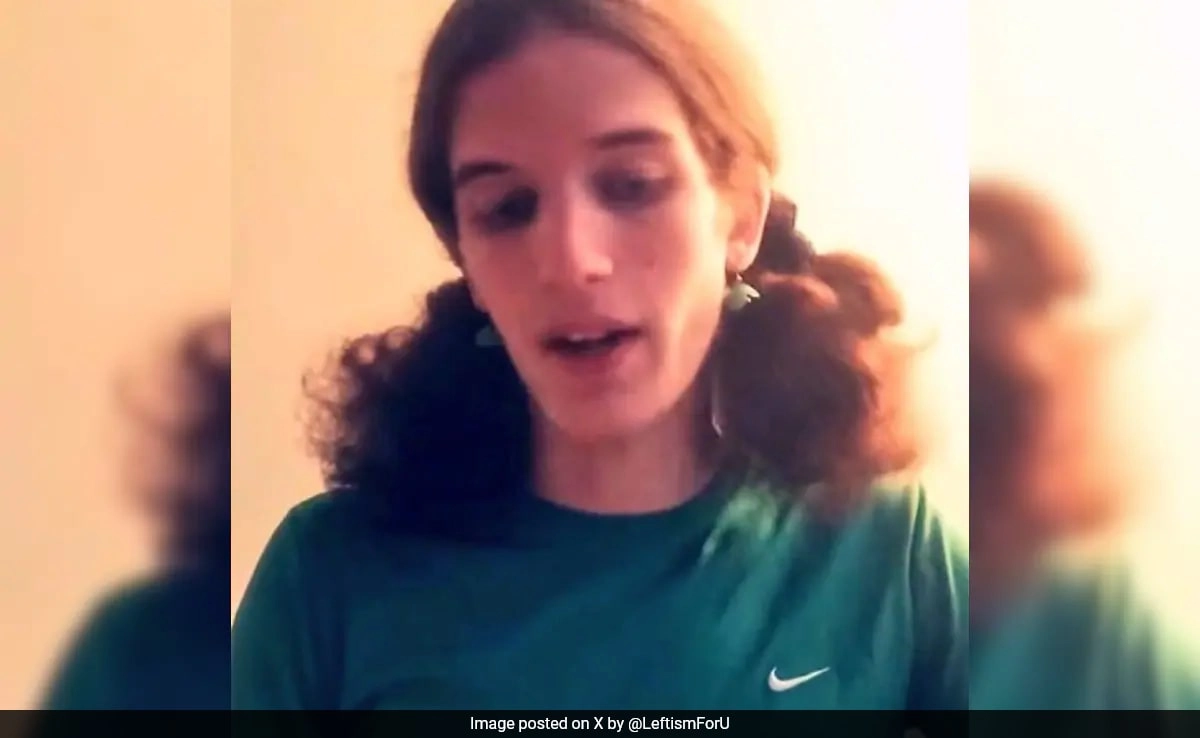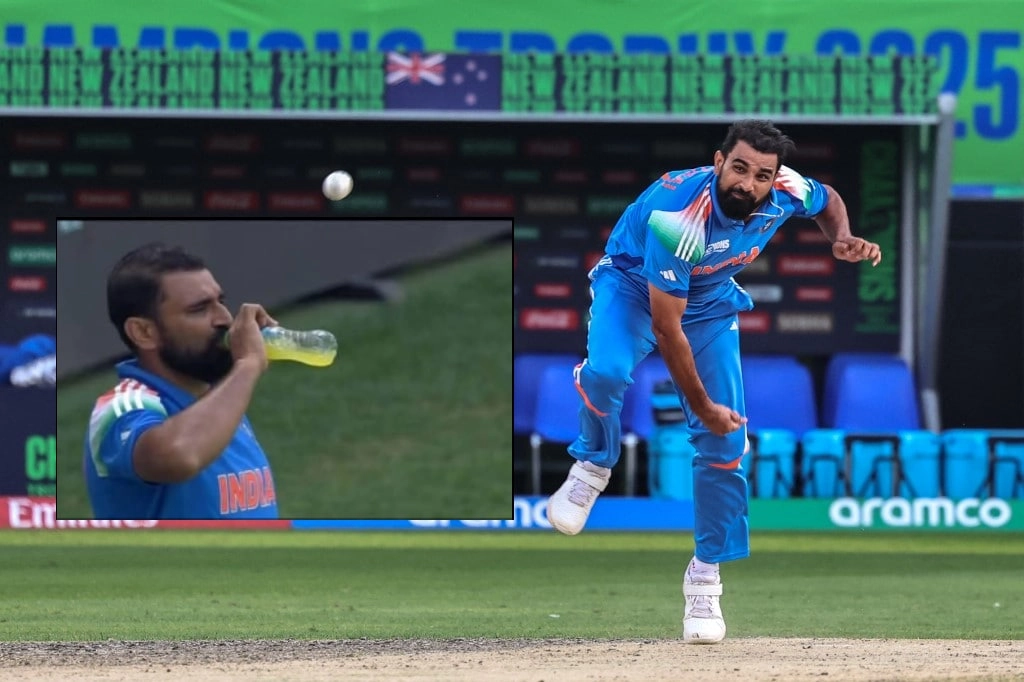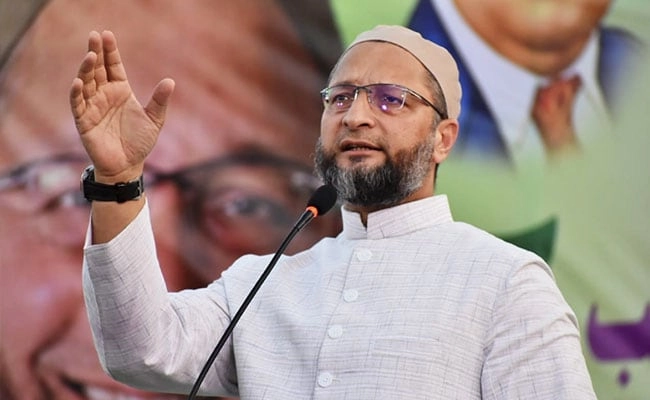In a recent incident that has sparked widespread concern and debate, a shooter in Minneapolis legally acquired firearms despite having no prior criminal record. This case has raised critical questions about the effectiveness of current gun control measures and the implications for public safety. The shooter, who was able to purchase weapons without any historical red flags, highlights a troubling reality: individuals without a criminal background can still pose a significant risk when they choose to engage in violent acts. This situation underscores the complexities surrounding firearm ownership and the challenges that law enforcement and policymakers face in preventing gun violence.
The fact that the shooter had legally obtained the weapons brings to light the ongoing discussions about the loopholes in the existing gun laws. Many advocates for stricter gun control argue that more thorough background checks and regulations could potentially prevent individuals, regardless of their criminal history, from accessing firearms. The Minneapolis case serves as a stark reminder that the potential for violence can exist even among those who have not previously engaged in illegal activities. This incident calls for a comprehensive reevaluation of how firearms are distributed and the criteria that govern their purchase.
Moreover, the response from the community and local leaders has been one of profound concern and urgency. Many are calling for immediate action to address the underlying issues of gun violence and to implement measures that could enhance public safety. Discussions around mental health resources, community intervention programs, and improved background check systems are gaining momentum as stakeholders seek solutions to mitigate the risks associated with gun ownership. The Minneapolis shooting has become a pivotal moment for advocates on both sides of the gun control debate, emphasizing the need for constructive dialogue and effective policy changes that prioritize the safety of citizens while respecting lawful gun ownership.
As the investigation continues and more details emerge, the broader implications of this incident will likely resonate far beyond Minneapolis. It serves as a critical case study in the ongoing national conversation about gun rights, personal safety, and the responsibilities that come with firearm ownership. The tragedy not only affects the immediate victims and their families but also reverberates throughout communities, prompting discussions about how to protect lives while balancing the rights of individuals. Ultimately, the Minneapolis shooting serves as a catalyst for reflection and action, urging society to confront the challenges posed by gun violence head-on.




